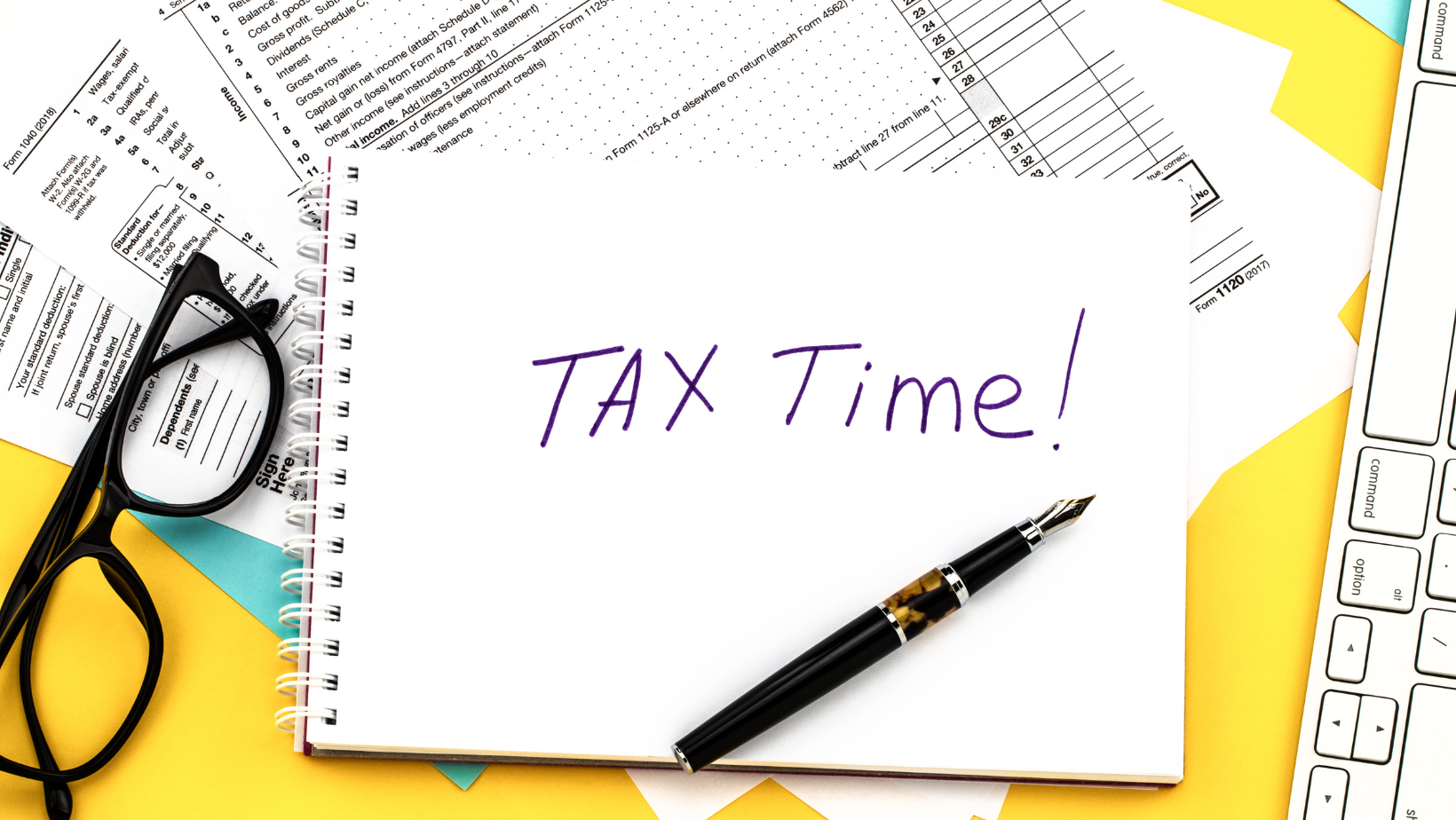In a significant announcement, the Internal Revenue Service (IRS) has officially declared January 29, 2024, as the kickoff date for the much-anticipated 2024 tax season. As the agency gears up to process an estimated 128.7 million individual tax returns by the April 15 deadline, taxpayers are in for a season marked by enhanced services and user-friendly tools.
Taxpayers eager to get a head start can start on January 29, as software companies and tax professionals are already gearing up to accept and hold electronic submissions. The IRS Free File service will also be available on IRS.gov starting January 12, offering early access to those ready to dive into their tax preparations.
Building on the success of the 2023 tax season, which saw significant improvements following the Inflation Reduction Act, the IRS is set to deliver even more improvements in the upcoming filing season. Commissioner Danny Werfel assures taxpayers, stating, “As our transformation efforts take hold, taxpayers will continue to see a marked improvement in IRS operations.”
Key enhancements for the 2024 filing season include expanded in-person services through Taxpayer Assistance Centers, increased availability on the toll-free line with a call-back feature to reduce wait times, and improvements to the Where’s My Refund? Tool, providing more precise and more detailed updates.
The IRS also embraces paperless processing, allowing taxpayers to submit all correspondence and forms digitally, a move expected to handle up to 125 million paper documents annually. Furthermore, an enhanced IRS Individual Online Account, featuring chat functionality and payment plan revisions, aims to provide a seamless experience for taxpayers.
A groundbreaking addition to the 2024 season is the Direct File pilot service, allowing eligible taxpayers to file their federal tax returns directly with the IRS online, free of charge. This service will roll out in phases, with widespread availability expected by mid-March.
Most taxpayers’ deadline to file federal tax returns, pay owed taxes, or request an extension is April 15, 2024. However, residents of Maine and Massachusetts have until April 17, 2024, due to the Patriot’s Day and Emancipation Day holidays.
To ensure a smooth filing process, the IRS encourages taxpayers to prepare by gathering necessary information, including Social Security numbers, Individual Taxpayer Identification Numbers, and this year’s Identity Protection Personal Identification Numbers (IP PIN). Electronic filing with direct deposit remains the fastest and most efficient way to receive refunds.
The IRS Free File service, opening on January 12, caters to those with an Adjusted Gross Income of $79,000 or less in 2023. Additionally, Free File Fillable forms will be available at no cost to individuals of any income level starting January 29.
While the IRS issues most refunds in less than 21 days, taxpayers relying on Earned Income Tax Credit (EITC) and Additional Child Tax Credit (ACTC) refunds should note the mid-February timeline due to the federal Protecting Americans from Tax Hikes (PATH) Act.
For detailed assistance and information, taxpayers can explore the IRS Individual Online Account, Interactive Tax Assistant, and the IRS Directory of Federal Tax Return Preparers. Furthermore, free tax help is available through the Volunteer Income Tax Assistance (VITA) and Tax Counseling for the Elderly (TCE) programs.
As the IRS prepares to usher in the 2024 filing season, taxpayers can look forward to a more streamlined and user-friendly experience, underlining the agency’s commitment to enhancing services and making tax preparation more accessible.
Source (IRS News).



